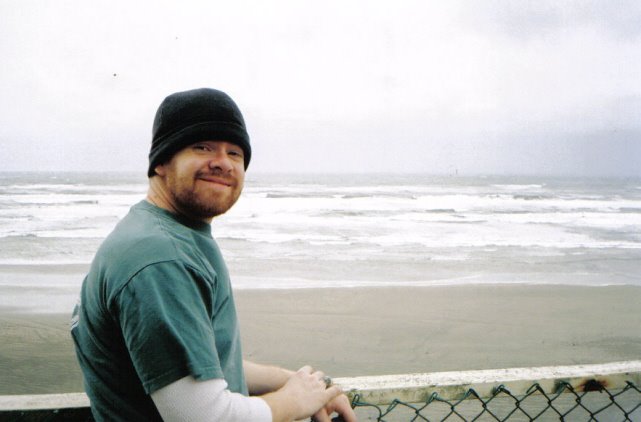Like Tea, but Darker.
I've been a regular, irregular consumer of coffee since I was around 16. It is not a point of pride that I'm sharing this fact, simply that I have had both a lengthy enjoyment in café and in the locales that dispense it. I am hardly the first or last to know the lazy days that come from sitting for hours on end in a coffee shop. However, like many other would-be authors, the writing that comes from observing the surrounding environments, the demeanors of come-and-go people and the curious baristas grinding beans behind the steam plumes makes it staggering to think that some of the great writers in American and European literature ever got to be known having spent any time such places.
I reread my journal, littered with the scrawls of my modest handwriting in India ink, to find that I've been describing a lot but explaining very little.
Of course, once they'd written enough and received their bill after a month of daily coffees, lunches, and emptied bottles, leaving to publish their tales made sense. If not to just pay off their debts, but to prevent the social stigma that would come from both a viewed permanancy in their loitering and the potential dismissal from such establishments for destitution. Writers can love cafés all they like for the inspiration, but I belive the good ones soak up only what they need for themselves.
I reread my journal, littered with the scrawls of my modest handwriting in India ink, to find that I've been describing a lot but explaining very little.
"A lithe woman in her young thirties, with a stubbled head and tiny grey eyes, carries her infant son in an olive shoulder sling. A matching Army green tank-top and pine-colored long skirt of cotton, exposes the full length of her arms and a curious series of adornments I could imagine seeing in the recent issue of National Geographic. Upon her upper and lower arms, wrists, around her neck and each ankle, are green tattoos of three, concentric thin lines. In fact, in both of her earlobes are aught gauge wooden disks. The heartwood of a sappling, I suspect, as the outter rings are wider than would be expected of a larger tree. She looks up at the menu deciding on her drink of choice. The boy coos against his mother's chest as she orders a short cappuccino to go."Perhaps it wasn't just coffee that mused the writers in those global cafés. A few pick-me-ups, bottles of vino or several cold ales would likely explain their choice of depressive-reflective writing styles over the brash and violent tendencies that a stimulant like coffee might invoke in any bard. I suspect this as more true than any would admit, but I can see why they went to these places to find writing matterial. As the description from my journal of that young mother shows, getting what you see written on paper is part of the way to writing well. Knowing why it's being written in another part entirely different to learn.
Of course, once they'd written enough and received their bill after a month of daily coffees, lunches, and emptied bottles, leaving to publish their tales made sense. If not to just pay off their debts, but to prevent the social stigma that would come from both a viewed permanancy in their loitering and the potential dismissal from such establishments for destitution. Writers can love cafés all they like for the inspiration, but I belive the good ones soak up only what they need for themselves.







<< Home